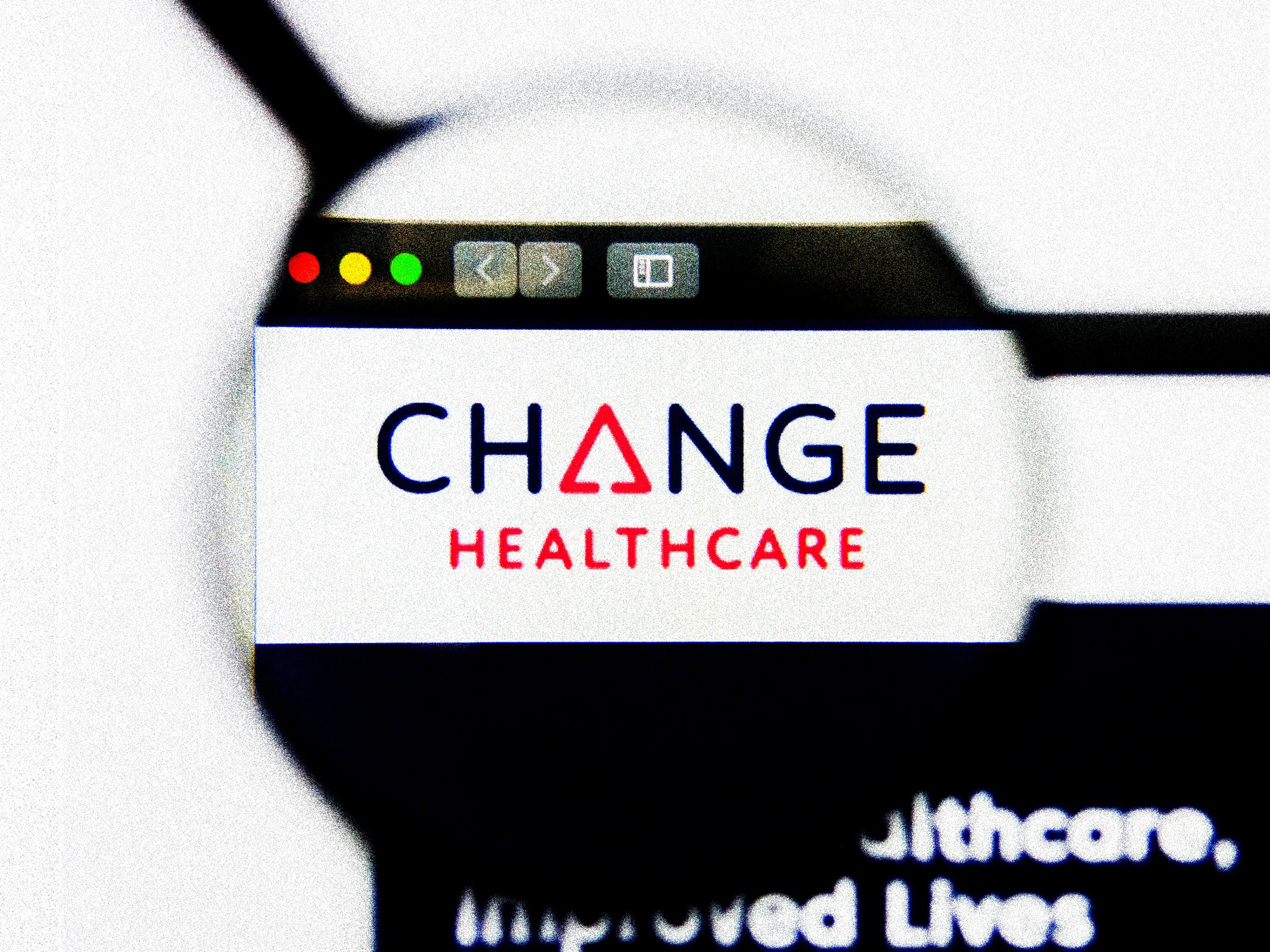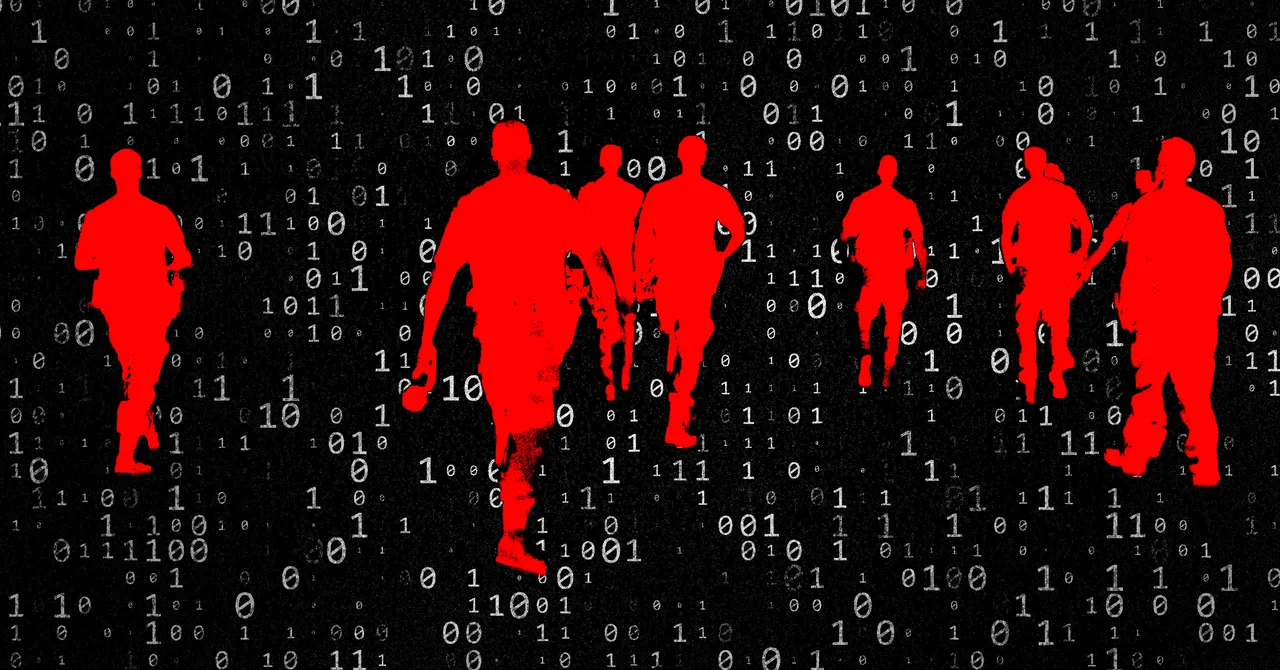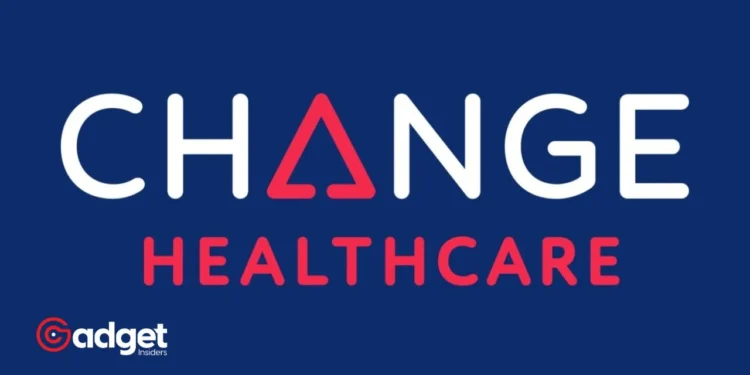In a digital era where cybersecurity threats loom larger than ever, Change Healthcare, a prominent player in the U.S. healthcare industry, finds itself embroiled in an increasingly complex ransomware crisis. With a history of serving countless pharmacies and medical practices, the company’s recent encounters with ransomware groups threaten not just its operations but also the privacy of sensitive health data.

The Unraveling Cybersecurity Drama at Change Healthcare
Earlier this year, Change Healthcare fell victim to a ransomware attack orchestrated by the group known as AlphV. In a startling breach of security, the group succeeded in encrypting the company’s network and held its sensitive data hostage.
The situation escalated when it was revealed through Bitcoin’s blockchain that Change Healthcare had likely paid a staggering $22 million to resolve the ransom demands.
This incident highlights the unsettling trend of major corporations yielding to cybercriminal extortion to safeguard customer data, although Change Healthcare has not officially confirmed the payment.
NEW: Change Healthcare ransomware hackers already received a $22 million payment. Now a second group is demanding money, and has sent WIRED samples of what they claim is the company's stolen data. https://t.co/5l8trv1ilA
— WIRED (@WIRED) April 12, 2024
However, the plot thickens as a new ransomware group named RansomHub enters the scene, claiming possession of 4 terabytes of stolen data from Change Healthcare. This group, which asserts no affiliation with AlphV, has threatened to auction off the data to the highest bidder unless their own ransom demands are met.
The credibility of their claims was given a semblance of legitimacy when they provided WIRED with screenshots of what purportedly are patient records and a data-sharing contract associated with United Healthcare and Emdeon.
A Closer Look at the Cybercriminal Underworld
The emergence of RansomHub underscores a disturbing trend in the cybercriminal ecosystem. Unlike AlphV, which did not initially release any stolen data, RansomHub’s aggressive strategy signals a shift towards more brazen tactics by newer ransomware groups.
Their actions not only complicate the recovery process for Change Healthcare but also raise questions about the effectiveness of paying ransoms.

Security experts, including Brett Callow from Emsisoft and Jon DiMaggio from Analyst1, have weighed in on the matter. Callow remains skeptical about the authenticity of the data, noting the possibility that it could have been sourced from elsewhere.
Meanwhile, DiMaggio believes that RansomHub genuinely possesses the stolen data, indicating a potentially grave security lapse at Change Healthcare.
Response and Implications for the Healthcare Industry
Change Healthcare’s response to these developments has been measured. The company has engaged with law enforcement and cybersecurity experts to assess the validity of the claims made online and to understand the full scope of the potentially impacted data.
Their statement emphasizes that the investigation is “active and ongoing” and notes that there is no evidence of any new cyber incident at the company.

This ongoing saga serves as a stark reminder of the vulnerabilities inherent in the digital infrastructures of even the most established healthcare entities.
The healthcare industry, a critical component of national infrastructure, faces unique challenges as it deals with highly sensitive information that, if compromised, can have far-reaching consequences.
Navigating the Cyber Threat Landscape
As Change Healthcare navigates through this tumultuous period, the incident serves as a cautionary tale for other companies in the healthcare sector and beyond.
The dual ransomware threats highlight the need for robust cybersecurity measures and the dangers of complacency. Furthermore, the evolving tactics of ransomware groups like RansomHub and AlphV showcase the dynamic and often unpredictable nature of cyber threats.
The broader implications of such cybersecurity incidents are profound, affecting trust in digital healthcare services and the integrity of patient data.
For now, the healthcare industry must remain vigilant and proactive in enhancing its defenses against an ever-evolving threat landscape, while also preparing for the possibility that cybercriminals may not always uphold their end of the bargain, even after a ransom is paid.










